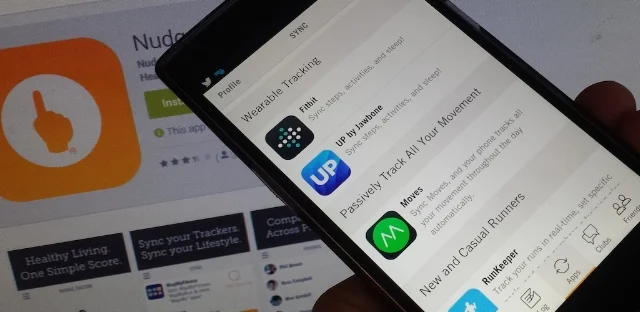Aristotle said, "knowing yourself is the beginning of all wisdom”.
This idea is the essence and philosophical basis for health tracking technologies and a rapidly growing, worldwide movement called the "quantified self".
Much like the skinny jeans test (see previous post), a device or app can empirically show users where they currently stand, and in so doing tell them exactly what it will take to improve. This is how self-knowledge empowers the consumer's journey to better health.
But self-improvement isn’t the whole story when it comes to the potential for these technologies. Thanks to innovative companies in consumer tracking and other health-related markets, the more you use these fitness apps and wearables, the more you are contributing to a growing pool of behavioral or lifestyle data that will eventually be used to change the face of healthcare as we know it.
The idea of data collection and syndication makes a lot of consumers uncomfortable, but in most respects, it shouldn't. The fact is that companies in this industry are more than capable of taking two or more separate datasets, and combining them to match up user profiles without including any personally identifiable information or violating personal privacy whatsoever.
Instead these become huge collections of matched up descriptions of individuals, without names or faces, which generate new analytical superpowers when combined. The goal of this type of analysis is no less than creating predictive capabilities, and preemptive health interventions based on lifestyle behaviors and related markers.
With this analysis happening on the back-end, each increase in the adoption and ongoing use of ever-cooler health tracking technologies accelerates our journey toward a massive shift in the patient care model.
In the coming years, big lifestyle datasets will be referenced against big outcomes datasets to produce detailed insights and predictive models that will help continue healthcare’s leap from a mostly reactionary industry to a mostly preemptive one. The cost implications of this leap forward would be astronomical, and if you're tracking your lifestyle, you're helping pave the way.
While some people might still be on the fence about whether consumer health tracking technology could be right for them, it couldn’t be easier to give one a shot. There are tons of great health and fitness tracking apps that cost nothing all to try out.
There are also simple ways to address most common concerns. For example, users with data privacy concerns can access the Privacy Policy for any app directly through their website, or their pages in the App Store and Google Play.
If your concerns aren’t specifically alleviated, just check out something else! So try tracking a few runs, a couple of bike rides, or maybe even your sleep, and see what you get out of it.
You might just learn something about yourself. And it might even be another step toward something better for all of us.


